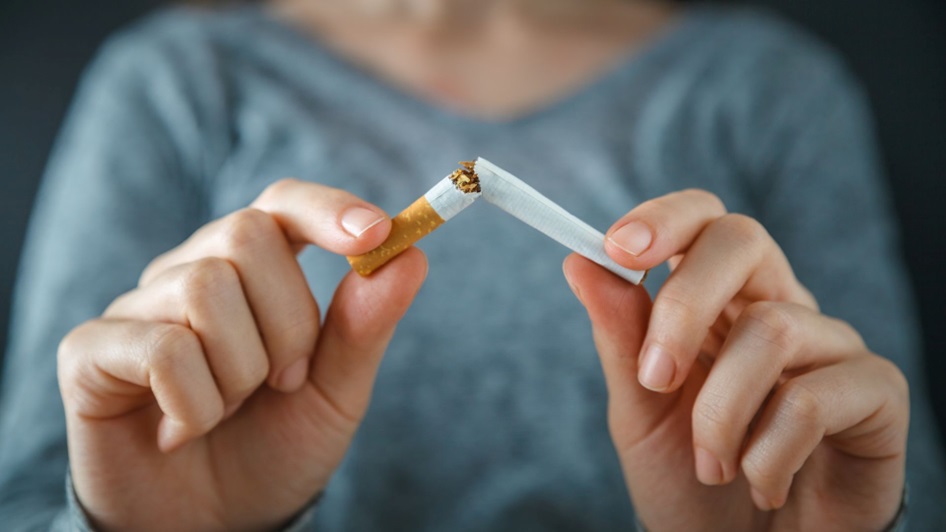Undergoing bariatric surgery is a major decision and a significant step towards reclaiming your health and improving your quality of life. However, it is essential to understand that this life-changing procedure comes with its own set of responsibilities. One of those responsibilities is quitting smoking before and after surgery. In this article, we will explore the adverse effects smoking can have on your recovery and overall health post-bariatric surgery.
The Impact of Smoking on Weight-Loss Surgery
The dangers of smoking are widely known and include a wide range of health concerns, from lung cancer to heart disease. When it comes to bariatric surgery, smoking can have even more damaging consequences. Here are some of the main risks associated with smoking:
1. Delayed Healing
Smoking causes the blood vessels to constrict, reducing the blood flow to the surgical site, which can lead to delayed healing. Insufficient blood flow means that fewer nutrients and oxygen are reaching the tissues, resulting in a slower recovery process.
2. Increased Infection Risk
The reduced blood flow also means that the immune system’s ability to fight off infections is compromised. A weakened immune system coupled with slower healing can cause an increased risk of infections at the surgical site, which can be difficult to treat in some cases.
3. Complications
Smoking negatively affects blood clotting, making it more likely for a patient to experience blood clots post-surgery. These clots can potentially travel to the lungs, causing pulmonary embolisms or even fatality.
4. Weight Gain
Smoking can actually lead to increased weight gain post-surgery. The nicotine in cigarettes increases the body’s metabolism, meaning that it burns calories faster than usual. This makes it harder for the body to absorb and process nutrient-rich foods, leading to a decrease in calorie intake and causing weight gain.
How to Quit?
It’s never too late to quit smoking, and doing so before your surgery is crucial to ensure the best surgical outcomes. Your healthcare team can assist you in creating a personalized strategy for quitting, including:
- Nicotine replacement therapies like nicotine patches or gums.
- Behavioral counseling or therapy.
- Prescribed medication, such as Chantix or Zyban.
- Support groups or programs.
So make sure to choose a qualified doctor for bariatric surgery and commit to quitting smoking before and after the procedure. You may also check out https://bariatricsurgeries.com/ to consult with a bariatric surgeon. This will help you make the most of your bariatric surgery and ensure a healthy recovery.
Can Smoking Affect Your Candidacy for Bariatric Surgery?
Whether or not you qualify for weight loss surgery depends on several factors, including your BMI, medical history, and willingness to commit to a healthy lifestyle. If you’re currently smoking, your healthcare provider will likely require you to quit at least six weeks before surgery to improve your surgical outcomes. To know more about your candidacy for bariatric surgery, you can check out the blog do I qualify for weight loss surgery. It covers all of the criteria you need to meet and the steps you should take before your surgery.
Wrapping Up
Quitting smoking before and after your bariatric surgery can significantly reduce the risk of complications and help you recover sooner. Smoking cessation is a major lifestyle change, but with the right support and guidance, it can be done. Your healthcare team can provide you with the necessary resources to make quitting easier. So remember, if you are thinking about undergoing weight loss surgery, quit smoking today!

